Top Skills for Data Engineering
Essential Tools, Technologies, and Mindsets for a High-Demand Career
Data Engineering has become one of the most in-demand careers in today’s digital economy. With businesses relying heavily on data-driven decisions, the role of data engineers is crucial in building and maintaining the infrastructure that powers analytics and AI applications. But what exactly should a data engineer know?
1. Proficiency in Programming
Python and SQL are the backbone of data engineering. Python helps with data manipulation, scripting, and automation, while SQL is essential for querying databases. Familiarity with languages like Java or Scala can also be useful, especially in big data environments.
2. Data Warehousing and ETL Pipelines
Understanding how to design and manage ETL (Extract, Transform, Load) processes is foundational. Tools like Apache Airflow, Talend, and Informatica are common, and platforms like Amazon Redshift, Google BigQuery, and Snowflake dominate the modern data warehousing landscape.
3. Database Management
A solid grasp of relational databases (like PostgreSQL, MySQL) and NoSQL databases (like MongoDB, Cassandra) is key. Data engineers must design schemas, optimize queries, and ensure data integrity across systems.
4. Big Data Technologies
Data engineers working with massive datasets must be fluent in Hadoop, Spark, Kafka, and other distributed processing tools. Apache Spark, in particular, is widely adopted for real-time data processing and analytics.
5. Cloud Platforms
Cloud data engineering is the norm. Skills in AWS (Redshift, Glue, S3), Google Cloud (BigQuery, Dataflow), and Azure (Synapse, Data Factory) are highly valued. Understanding IAM, cloud storage, and orchestration services is a must.
6. Data Modeling
Knowing how to model data efficiently ensures faster query performance and maintainability. Dimensional modeling (star/snowflake schema) and normalization principles are important for creating robust pipelines.
7. DevOps and CI/CD for Data
Modern data engineers use CI/CD pipelines to deploy and manage data workflows. Familiarity with tools like Git, Docker, Kubernetes, and Jenkins can help integrate data solutions into scalable systems.
8. Data Governance & Security
Data privacy, encryption, access controls, and compliance with regulations like GDPR are becoming non-negotiable. Understanding how to implement secure and auditable pipelines is essential.
9. Generative AI Awareness (Emerging Skill)
As AI tools like ChatGPT and Azure OpenAI integrate into pipelines, data engineers should understand how to support AI workloads. Skills in prompt engineering, embeddings, and vector databases (like FAISS, Pinecone) are emerging requirements.
Conclusion: The Road Ahead
Becoming a successful data engineer requires continuous learning, hands-on experience, and staying updated with evolving tools. At DataKompany, our data engineering courses are designed to help you master these essential skills through real-world projects and mentorship.
Ready to build scalable data systems and power the future of AI? Join our Data Engineering program today.
